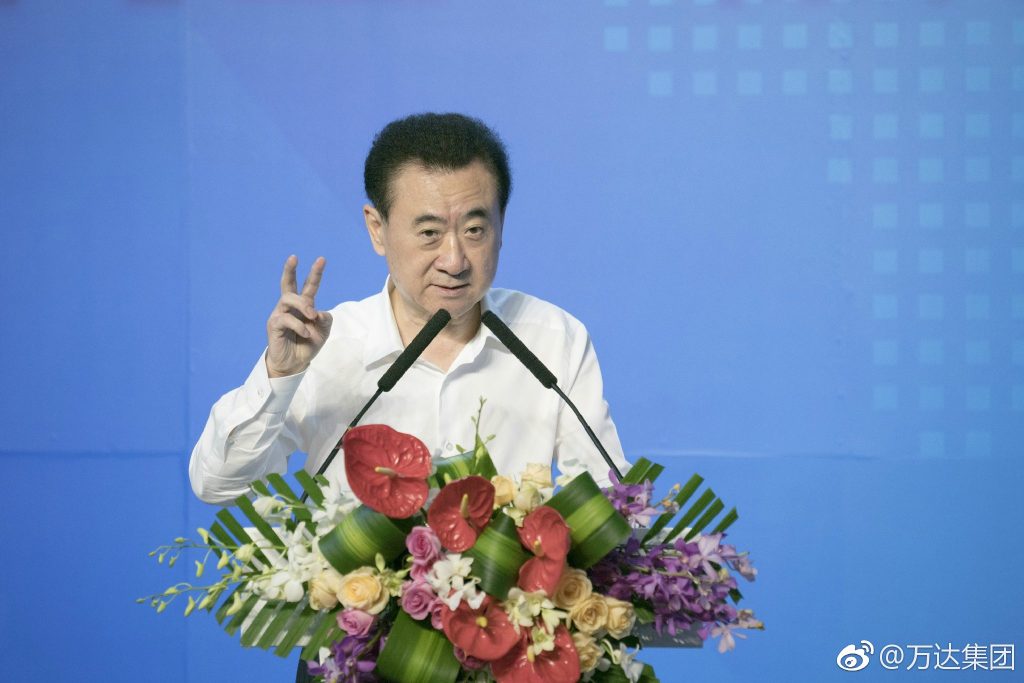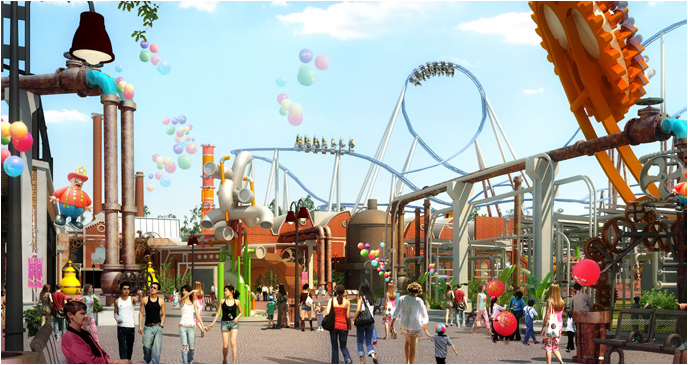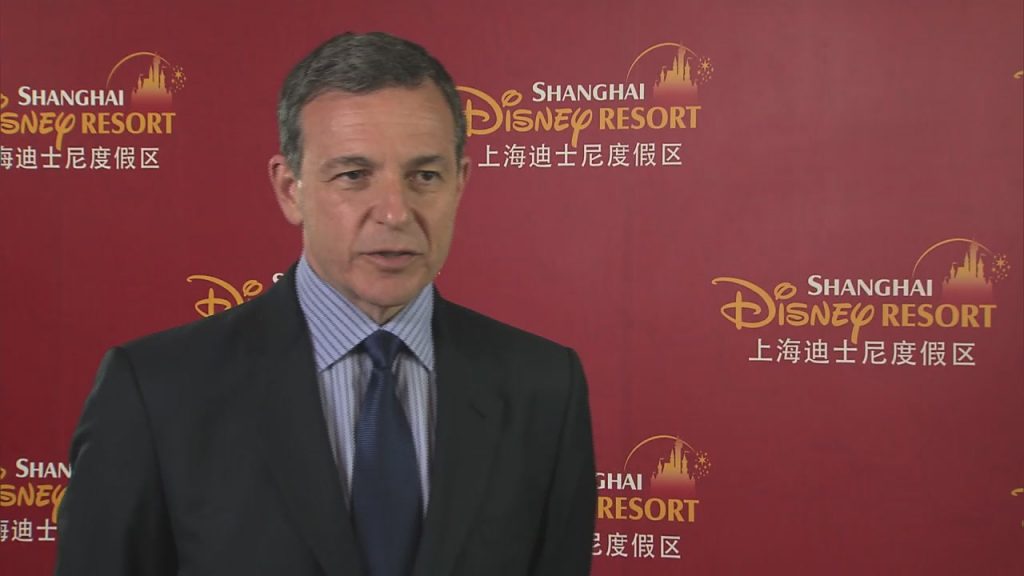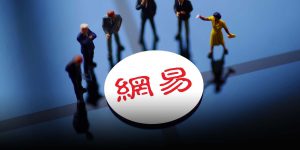Something’s amiss when China’s richest man isn’t able to do overseas deals.

Photo: Wanda/Weibo
Reports this week that Dalian Wanda Group is having trouble getting approval for its overseas deals, and the sale of its amusement park business earlier this month — which the Beijing-based company is partially financing — leads to questions about that conglomerate’s future, especially as its mergers and acquisitions (M&A) activity was seen as a primary driver behind the myth that “China is buying Hollywood.”
Originally a property developer from the northeastern coastal city of Dalian, Wanda is driven by its CEO Wang Jianlin, who became China’s richest man, even if the corporation he leads is not the country’s largest.
But for what should be a whole lot of clout accumulated by its CEO, and in a prime position to assist the Chinese government’s soft power ambitions, capital outflow restrictions and a year of testy politics has left the ambitious company at least temporarily marooned.
2017 is a critical year for Chinese politics. Although the date has not yet been set, this autumn will see the convening of the Communist Party Congress, an event held every five years that sets the nation’s political and economic agenda for the following half-decade. It also marks the end of Chinese President Xi Jinping’s first five-year term, with his re-election to the position an almost absolute certainty. Xi is he nation’s strongest leader in decades, and political maneuvering ahead of the event has already begun.
Clearly the restriction on capital outflows has been given a high priority if Wanda is unable to complete proposed acquisitions, which began earlier this year with the collapse of its $1 billion bid for Dick Clark Productions. Wanda’s acquisition of Legendary Entertainment in January 2016 was seen as kicking off a China buying spree in Hollywood. Wanda had initially sought to buy Paramount Pictures, but Paramount parent company Viacom’s board declined its offer. Since then, its other plans have failed to reach fruition.
The latest challenges indicate the bloom may be somewhat off Wang’s rose. Unlike other top Chinese CEOs, especially those that have gotten involved in the film industry such as Alibaba’s Jack Ma, Wang is known as having strong feelings of Chinese nationalism. His company isn’t listed in the United States or Europe, and Wang doesn’t speak English. As such, despite his personal wealth, Wang is not regarded in the same way as Ma and other CEOs who have emerged from technology companies that have had more interaction with and exposure to Western media outlets.
Despite these setbacks, Wanda remains far from out of the game. Aside from Legendary Entertainment in Hollywood and its various commercial projects throughout China, its $8 billion Wanda Studios Qingdao in the coastal city best known for Tsingtao Beer remains on track to open in August 2018, and will be the world’s largest film studio. More importantly, Wanda continues to be the world’s largest cinema operator, with Wanda Cinema Line in China, AMC Entertainment and Carmike Cinemas in the US, and Odeon & UCI Cinemas Group and Nordic Cinema Group in Europe, although Legendary and the latter two cinema chains are now affected by the aforementioned capital outflow restrictions, if those reports prove true.
With its money seemingly tied up at home and its focus moving away from amusement parks and related businesses, Wanda may finally have to get down to making more movies to put viewers in seats for its cinemas.







